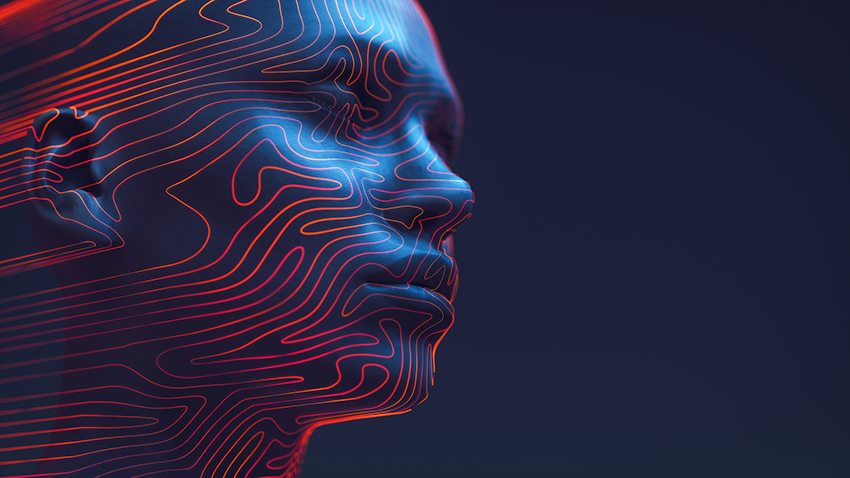OpenAI CEO Sam Altman has announced that ChatGPT will soon allow adult-oriented content for verified users, describing the change as an effort to “treat adults like adults” while maintaining safeguards for minors.
The policy shift, set to take effect in December 2025, will permit erotica and other mature themes within ChatGPT for users who complete an age verification process. The move marks a significant change for OpenAI, which has previously restricted sexual or romantic content to avoid mental health and safety risks.
Altman defended the decision, saying OpenAI should not act as “the moral police of the world.” He said the goal was to make ChatGPT “more useful and enjoyable” for adults, acknowledging that existing restrictions had made the product “overly cautious.”
The update will reportedly include a new “adult mode” offering users more flexibility in tone, language, and personality. It may also pave the way for features such as more expressive dialogue and a friendlier conversational style.
OpenAI has stressed that protections for younger users remain in place. “For teens and children, safety still comes before freedom,” Altman said, promising strict enforcement of age limits and continued monitoring for mental health concerns.
Industry observers say the move reflects growing demand for AI companionship and personalization, as rival platforms experiment with flirtatious or adult-themed chatbots. Supporters argue the change recognises user autonomy and aligns with common social standards—comparable to R-rated movies or adult streaming platforms.
Critics, however, warn of serious risks. Age verification systems are notoriously easy to bypass, raising fears that minors could access explicit content. “No parent is going to trust that their kids can’t get through your age-gating,” tech investor Mark Cuban said on X (formerly Twitter).
Mental health experts have also raised concerns that users could form unhealthy emotional dependencies or develop distorted expectations of intimacy. Past incidents involving AI chatbots have heightened scrutiny of how artificial companions can affect vulnerable individuals.
Content moderation and legal compliance are other major challenges. Determining what qualifies as consensual or harmful material remains complex, especially across diverse cultural and legal settings.
Whether the decision proves wise will depend largely on implementation. Analysts say OpenAI’s reputation for safety and trust could hinge on how effectively it enforces safeguards while meeting the expectations of adult users.
It needs to be executed responsibly—with clear consent, robust verification, and strong moderation. But if protections falter, damage and public mental health problems could rise.
Altman remains optimistic. “We want to build AI that reflects the real world, with all its complexity,” he said. “Adults deserve choice, and we’ll do our best to provide that safely.”
The debate over adult content in AI, however, is far from over. As ChatGPT evolves from a productivity tool into a more human-like companion, society will continue to wrestle with what it means to draw boundaries in the rapidly advancing AI space.





